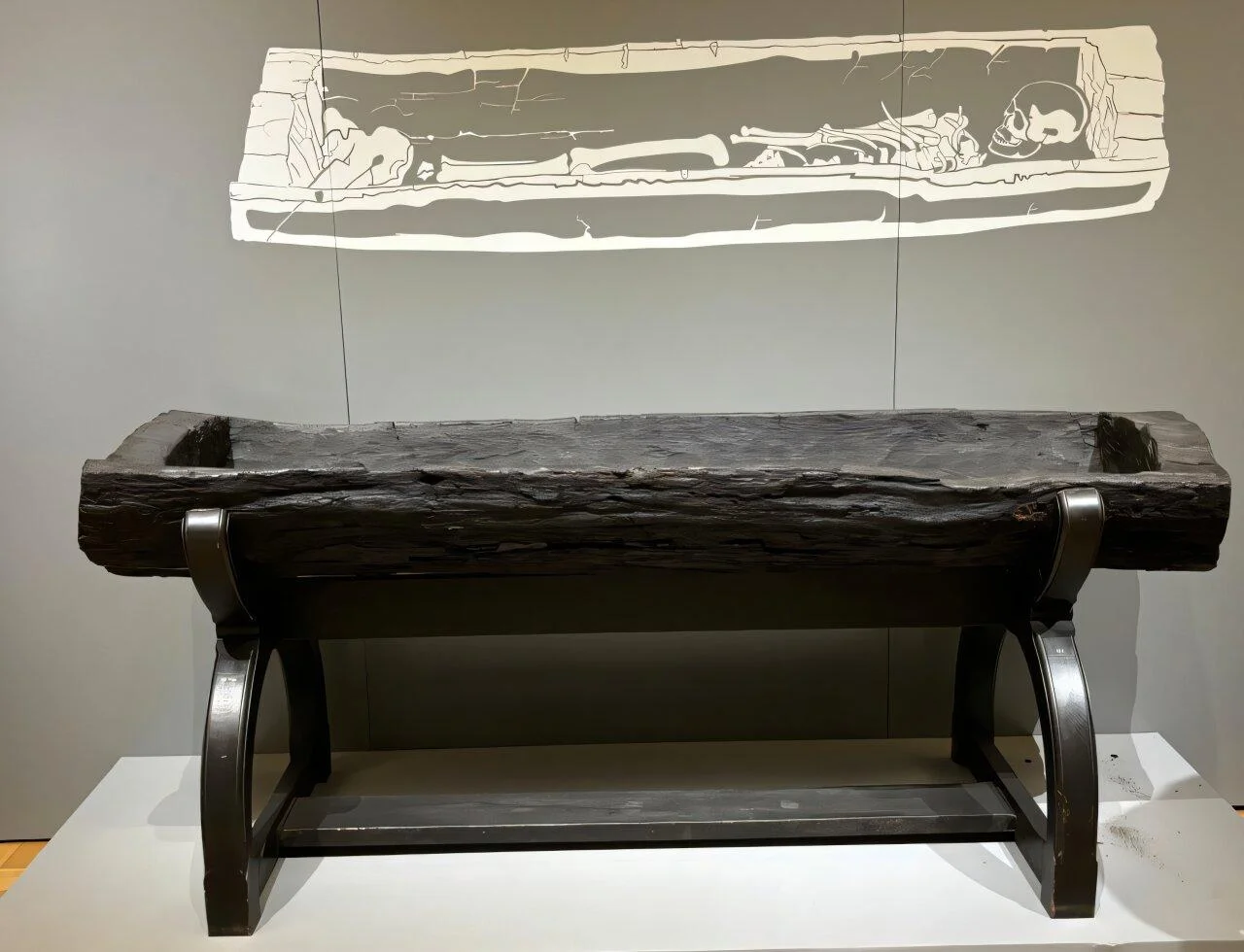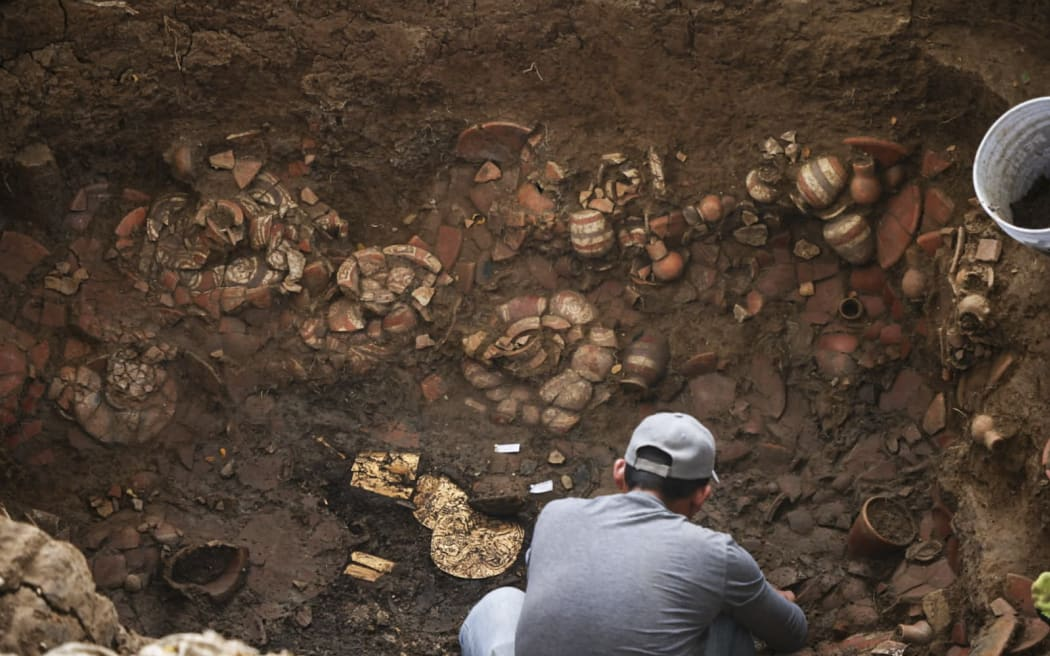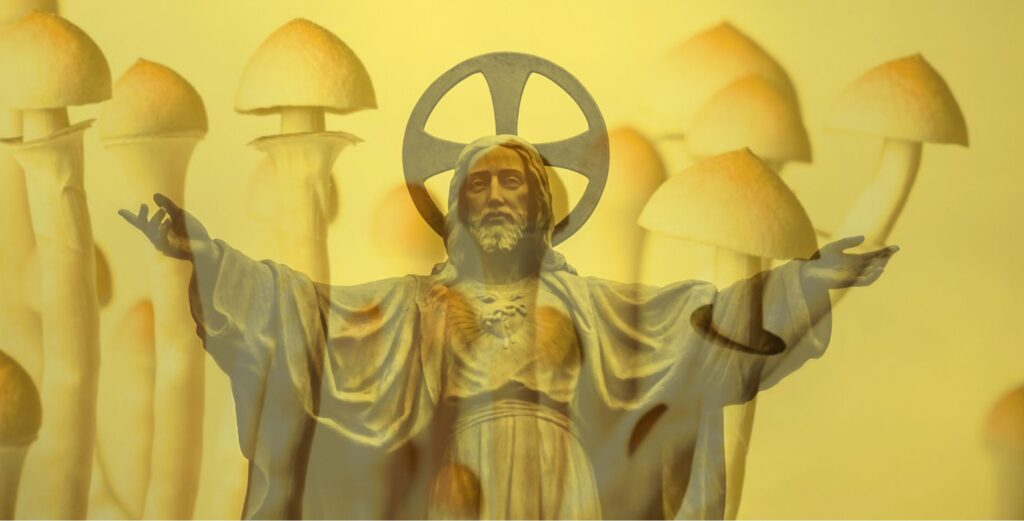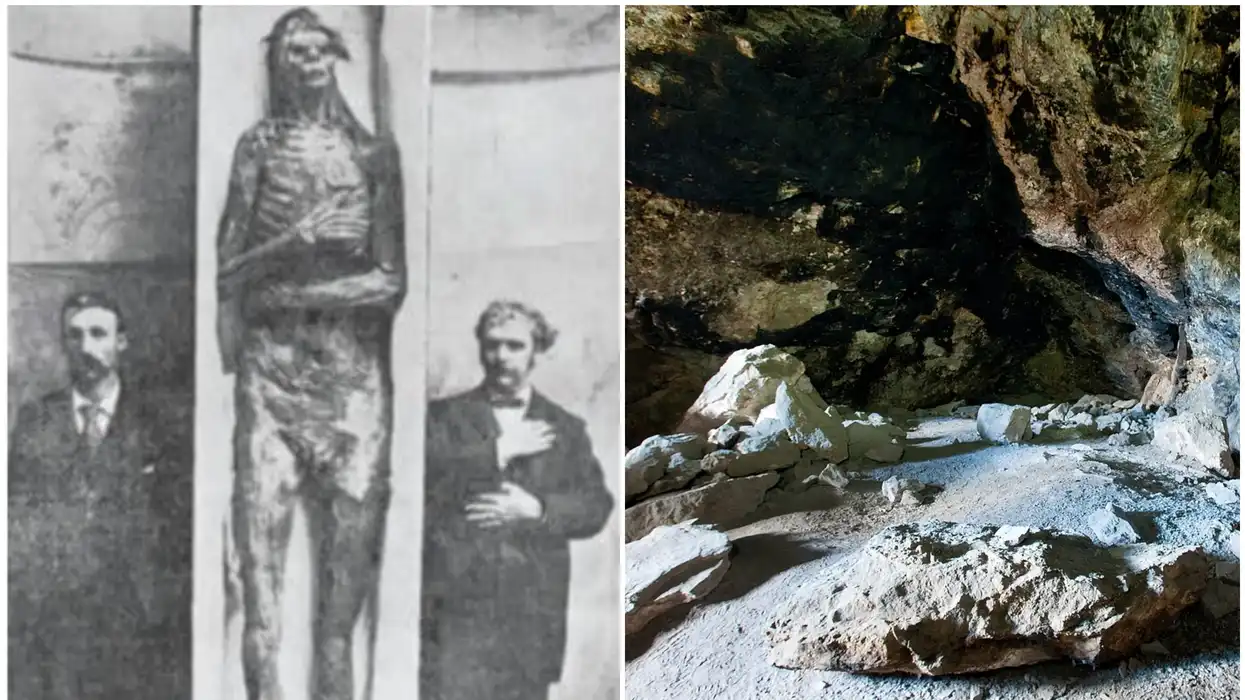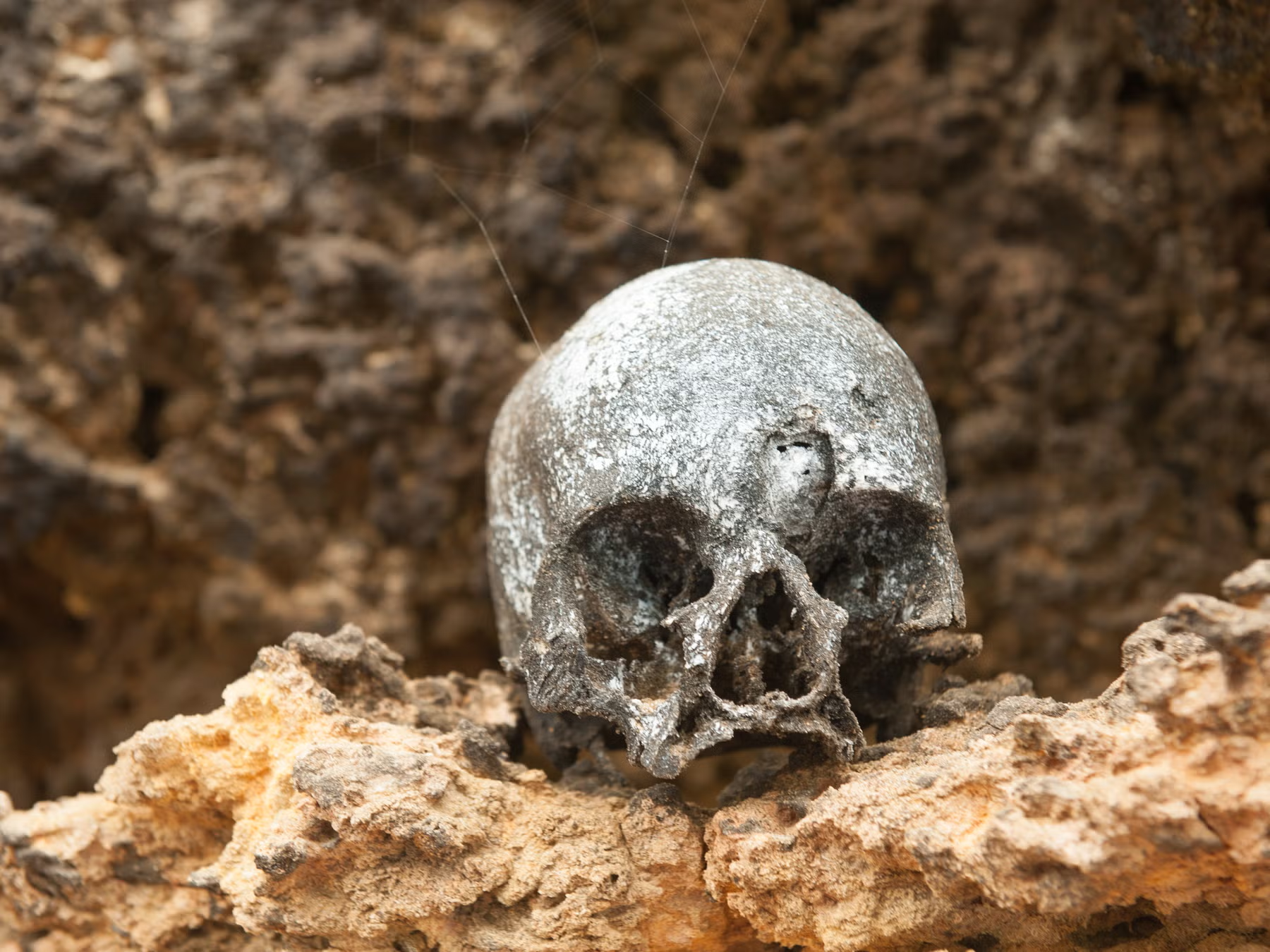According to a recent study, teeth may be able to preserve antibodies for hundreds of years, allowing researchers to analyze the evolution of contagious human diseases.
Proteins called antibodies are created by the immune system as a defense against pathogens like bacteria and viruses. Their responsibility is to identify those microorganisms so that the immune system can combat and eliminate them from the body.
In a recent study, published in iScience, it was discovered that antibodies taken from 800-year-old medieval human molars were stable and still capable of recognizing viral proteins.
In collaboration with Professor Anisur Rahman and Dr. Thomas McDonnell from the Division of Medicine at University College London, the study—led by Professor Robert Layfield and research assistant Barry Shaw from the School of Life Sciences, University of Nottingham—expands the field of ancient protein research, or palaeoproteomics, and may eventually enable experts to examine how human antibody responses have changed over time.
With ancient proteins already successfully retrieved and identified after preservation in 1.7 million year old teeth enamel from an ancient rhinoceros and an ostrich eggshell more than 6.5 million years old, palaeoproteomics can go back into the depths of antiquity. The authors of this new study also discovered preliminary evidence that mammoth bones approximately 40,000 years old appear to contain stable antibodies, similar to the medieval human teeth.
The Nottingham team has used this technology in the past to analyze other illness-associated proteins found in ancient human bones and teeth from Norton Priory in Cheshire, enabling the discovery of a peculiar early form of the skeletal disorder Paget's disease.
In discovery science, we learn to expect the unexpected, yet it was nevertheless surprising to learn that full, functional antibodies could be isolated from skeletal remains found in the archaeological record, according to Professor Layfield. Certain proteins from the distant past were known to be stable, but they tended to be'structural' proteins like collagen and keratin, which are rather inactive.
"Antibodies are different because we can test whether they can still recognize viruses or bacteria even after hundreds of years," continued Professor Rahman. In this instance, we discovered that antibodies from ancient teeth were capable of identifying the glandular fever-causing Epstein-Barr virus. In the future, it might be feasible to examine how antibodies from ancient specimens respond to diseases that were prevalent then, such the Black Death.


